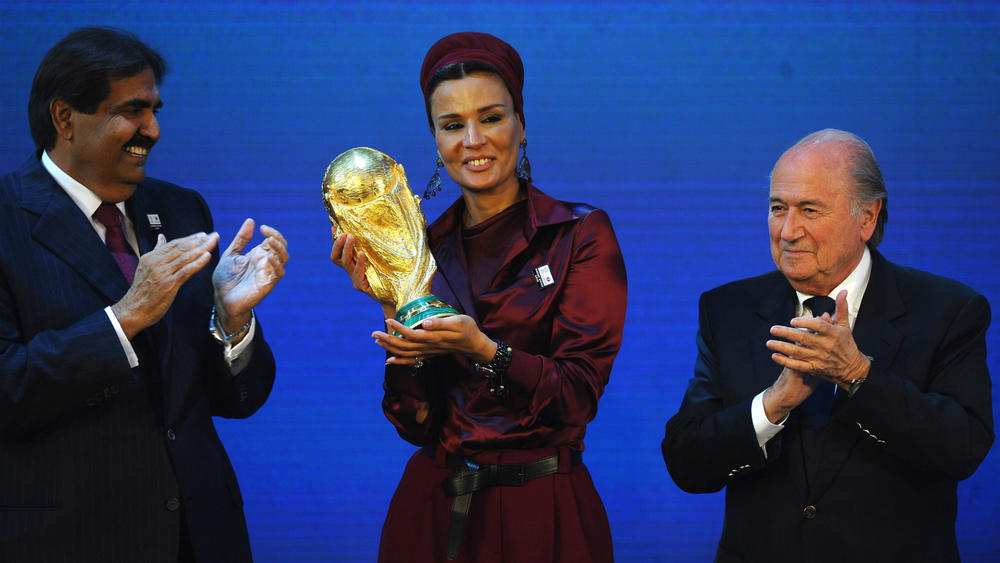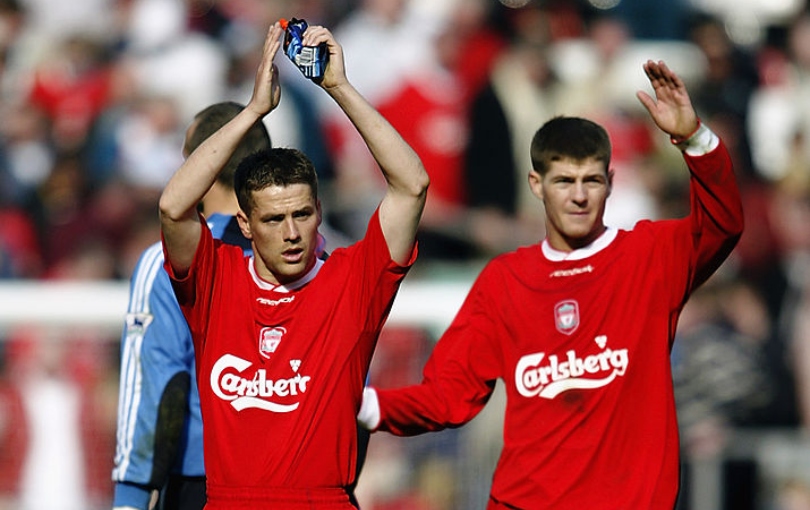What is the 'Garcia Report' and why does it matter?
FIFA has released the long-awaited 'Garcia Report' into allegations of corruption in football – but what is it and why does it matter?

The 'Garcia Report', which examines allegations of high-level corruption in world football, was finally released by FIFA on Tuesday.
German newspaper Bild claimed to have acquired a copy of the document, forcing the governing body to release the report – produced by American lawyer Michael Garcia – in full.
Maria Claudia Rojas of FIFA's Ethics Committee investigatory chamber and Vassilios Skouris of the adjudicatory chamber were behind the decision to release the report, with the backing of president Gianni Infantino.
A statement on FIFA's official website said: "For the sake of transparency, FIFA welcomes the news that this report has now been finally published."
But what is the 'Garcia Report' and why is it so important?
FIFA statement on recent media coverage regarding the “Garcia Report” - June 27, 2017
GARCIA REPORT: THE BACKGROUND
Garcia, who was US Attorney for the Southern District of New York from 2005 to 2008, confirmed his intention to produce a report on allegations of corruption at FIFA after being named chairman of the investigative branch of its Ethics Committee in 2012.
Get FourFourTwo Newsletter
The best features, fun and footballing quizzes, straight to your inbox every week.
Specifically, Garcia planned to examine the controversial bidding process for the 2018 and 2022 World Cups in Russia and Qatar.
The award of the World Cup to Qatar had been particularly surprising, the Gulf nation having been selected over fellow bidders United States, Japan, South Korea and Australia – all of whom had a much more established footballing infrastructure. Searing summer temperatures were also a concern.
Qatar became the smallest nation to be awarded a World Cup after beating United States by 14 votes to eight in the final round of voting in December 2010.
RELEASING THE REPORT
Garcia completed his 434-page report in September 2014 and two months later FIFA released a 42-page summary that cleared Russia and Qatar of any wrongdoing.
However, Garcia said FIFA's version was "incomplete and erroneous" and quit his role in protest.
FIFA initially refused to release the document in full, with Hans-Joachim Eckert, the head of the adjudicatory arm of FIFA's Ethics Committee, saying it could not be made public due to legal reasons.
Although that decision sparked outcry, in the end it took almost three years for FIFA to publish the report in full and it could be argued that Bild's release of a leaked copy forced its hand.
A BRIEF HISTORY OF FIFA CORRUPTION ALLEGATIONS
In May 2015, a massive investigation by the United States government saw several FIFA officials past and present arrested in Zurich on charges including bribery and money laundering, in a case based upon the 'Garcia Report' which was handed over to authorities by FIFA in November 2014.
Those accused included former CONCACAF general secretary Chuck Blazer, CONCACAF president Jeffrey Webb, former FIFA vice-president Jack Warner and FIFA executive committee members including Eduardo Li and Eugenio Figueredo.
President Sepp Blatter won re-election to his role soon afterwards but, although he was not named in the US-led investigation, he announced that he would step down the following February.
That same month in 2016, he received a six-year ban from football for making a payment to UEFA chief Michel Platini in 2011 that was deemed a conflict of interest.
WHY THE 'GARCIA REPORT' MATTERS
The 'Garcia Report' is important as it directly addresses claims that the bidding process used by FIFA to decide the host nations for the 2018 and 2022 World Cups was open to possible malpractice and manipulation.
Many had hoped Qatar would be stripped of the tournament and the bidding process re-run to find a new host nation if some of the allegations were upheld.
It remains to be seen whether there will be any real change at FIFA following the release of the report but it could at least bring about greater transparency within world football's governing body.
